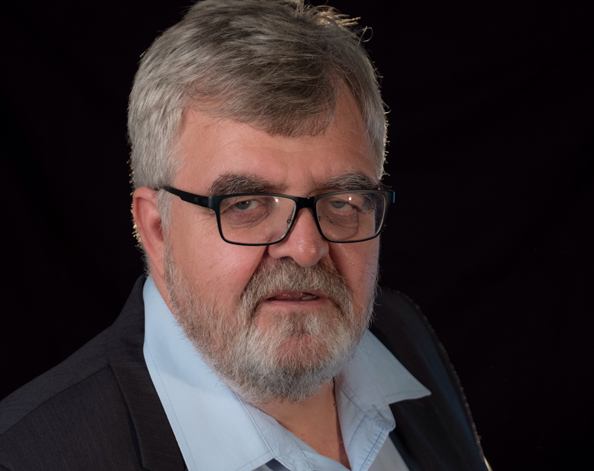Business confidence in South Africa has been lacking and it’s stopping business, whose cash flow is relatively good, from investing. “This is the longest period since 1982 that business confidence has been negative,” said Mike Schüssler.
Speaking at the recent Investec Cash Investments’ Business Matters event in Johannesburg, Schüssler expressed hope that the new political momentum in South Africa would make business start investing.
Looking at the old adage: “Turnover is vanity, returns are sanity and cash flow is reality”, Schüssler believes South African business “is not doing too badly” and summed this up as follows:
- There has been real growth in turnover, above inflation.
- Cash flow is very positive, even after inflation, coming in at around 3 percent for income after expenditure
- The problem comes in with investability. “Businesses are not closing down right now, they’re just not investing right now.”

Businesses are not closing down right now, they’re just not investing right now.
Corporate tax rate already one of the “highest in the world”
While many consumers were angered by the fact that the 2018 budget left corporate tax unchanged, Schüssler believes that hiking the rate would’ve further stifled business growth.
He noted that “South Africa has the fifth highest company income tax to GDP ratio in the world, at 5.4% - way above the global average of 2.8%”.
In terms of total tax to GDP, the world average is 15% and South Africa is at 27.3%, and we’ve got the 12th highest personal income tax in the world.
Growth forecast not enough
While the outlook for GDP growth is looking much more positive on the back of the “Ramaphosa Rally”, Schüssler says 1.3% is not nearly enough to turn South Africa around.
“We still haven’t grown for three or four years above the rate of our population growth. And that’s the real problem - that pressure that we’re not getting richer as a society.”
Schüssler explained that when your population is growing at 1.7 percent annually, you need to grow GDP by at least 3 percent.
Fostering entrepreneurship means being pro-business
South Africa’s ratio of entrepreneurs is low compared to the rest of Africa and other developed countries worldwide. “If we look at our total adult population, only one out of every 44 people is an employer and one out of every 25 is self-employed.”
“We need to focus on creating the conditions in which employers and entrepreneurs feel more comfortable, and we’ve also got to say that it’s ok for those guys to make a profit. We mustn’t blame them for everything, we must say ‘how can we help’ and then that economic growth and those profits will go back into the economy and our people.”
Low hanging fruit
When asked how government could get some quick wins to stimulate the economy, Schüssler pointed to three areas:
State-Owned Enterprises
SOEs make up at least 7 percent of our economy. “If we get professional boards and management at SOEs and stop the corruption we can make a huge difference”.
Government departments
“Government makes up more than 30 percent of our economy, so we need to make it more efficient”.
Home ownership
Schüssler suggests government give people in RDP houses ownership of those properties while asking farmers to do the same for their farmworkers. “That way we can create a base for people who don’t have any assets to build from”.




